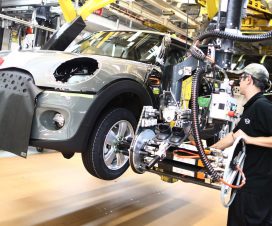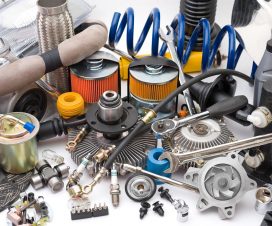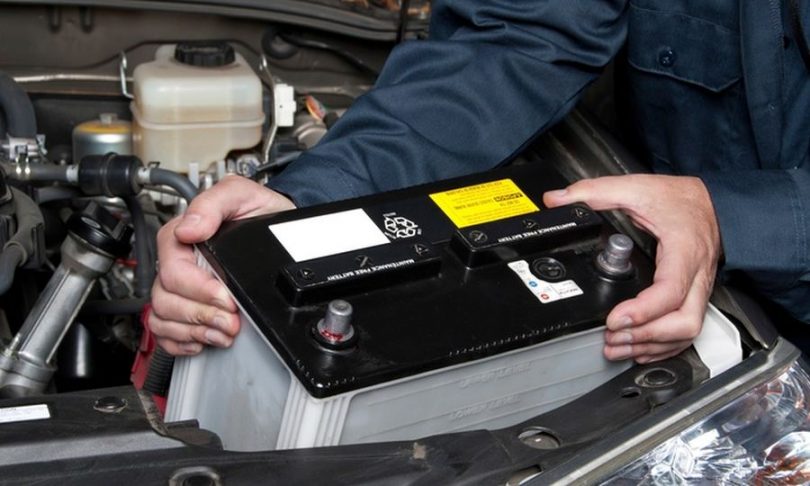 |
No one wants to have to keep changing their car batteries. Neither does anyone love suffering the frustration that having a dead or weak battery can cause. Ideally, your battery should last about four years or more before you begin to talk about changing it.
In fact, some as we can read here claim that theirs have served them for even up to 7 years. One underlying factor that determines whether it is one or seven years is the condition under which the battery operates. It is only when it is used under the best of conditions that it will serve you for as long as possible.
What we shall, therefore, focus on in this article is how to ensure we get the very best from our batteries and for the longest period possible. To this end, we shall start from the very beginning which is the choice you make when making your purchase.
Choosing the Right Battery
The quality of the battery you choose from the very start will have a serious impact on how long it will last according to MotorCities. This section will, therefore, be devoted to providing a few tips that will help you make the best choice possible.
Manufacture Date
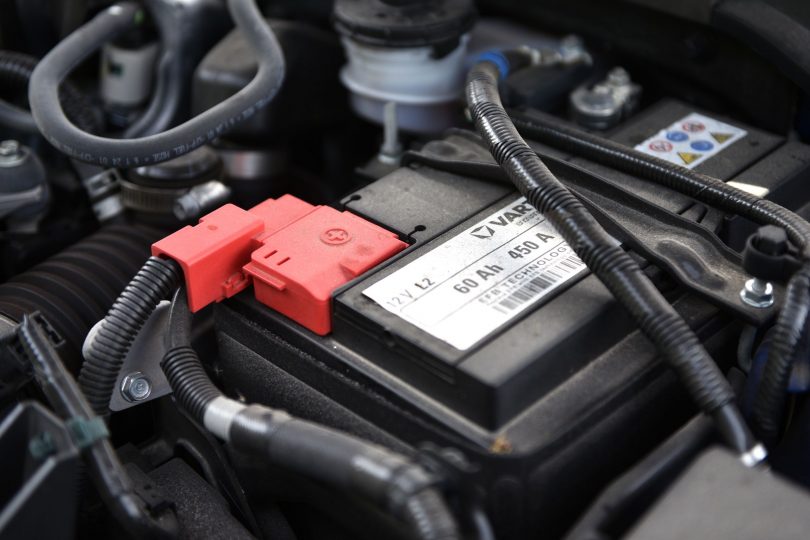
Img so
This is probably one of the most important factors you need to consider when you make your purchase. You do not want to go for any batteries that have stayed on the shelf for more than six months as this will be an almost certain indication that it will not last for as long as it should. Before making your purchase, check for the date it was manufactured. You will have to understand how to check this as it is not usually indicated in very clear terms. There is a code used to indicate the date and this is made up of a letter and a number. The letter will be any of the alphabets from A to L while the number will be anyone from 0 to 9. The letters which are also the first 12 letters of the alphabet represent the 12 months in the year while the numbers represent the 10 years in any decade. If you were to see the code F9, it means that the battery was manufactured in June 2019. You should therefore not purchase this in December.
RC (Reserve Capacity) Rating
This is another important consideration factor. This refers to how long the battery can continue to supply the car’s electrical needs should the alternator fail. Having as much standing power as possible will ensure you are not stranded if you are faced with any problems with charging your battery while on the move.
CCA and CA Ratings
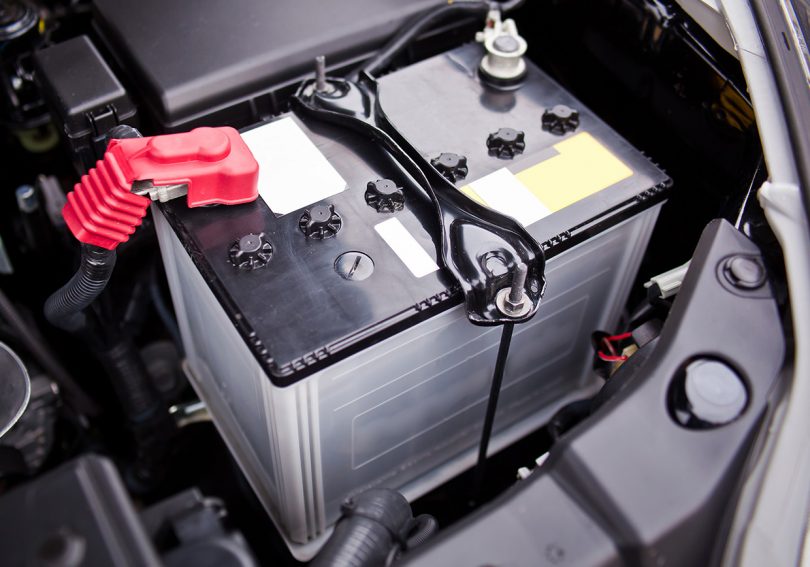
Img source: ideas.walmart.ca
These are two distinctly different ratings that may be confusing to some. CCA refers to Cold Cranking Ampswhich is a measurement of how much power can be delivered to the car by the battery at 0 degrees Fahrenheit. CA, on the other hand, refers to Cranking Amps, which is a measure of the amount of power it can deliver to the car at 32 degrees Fahrenheit. While choosing, be sure to confirm the ratings indicated by your car’s manufacturer so you can choose appropriately. This will ensure smooth operations.
Maintenance
Every battery requires some level of maintenance. There are, however, those that require more by way of maintenance. While these are reducing in popularity, some folks may still want to use them mainly because they can be repaired when faulty. Whichever you decide to choose, understand exactly what its maintenance entails so you can take proper care of it so as to enjoy it to its full capacity and life expectancy.
The above are just a few factors that directly affect how long a battery can last. For other factors which you should generally consider before making a purchase, check here.
Tips for Increasing Your Battery’s Longevity
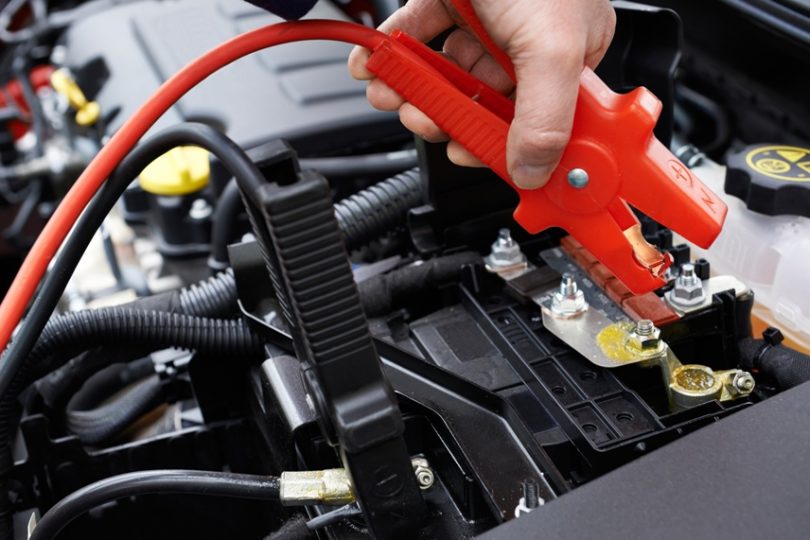
Img source: expertcarcareinc.com
Now that you have made the right choice, let’s begin to look at a few tips that will help you ensure you get the best from your car batteries for as long as possible.
Avoid Short Rides
Your car batteries perform their hardest task when you start the car. Once this energy has been dissipated, they require about 20 minutes to recharge sufficiently. When you drive short distances, probably putting off and starting your car each time, you are placing a lot of demand on your batteries and not allowing them to charge sufficiently. Try to take rides that are at least 20 minutes or more, while cutting down on shorter ones.
Clean the Terminals Frequently
Ensure the terminals are clean, so there is no current loss as a result of dirt, grease, or corrosion. You should also ensure the terminal heads are tightly screwed on so there won’t partial contact or any other electrical issue that can cause more serious damage to the battery.
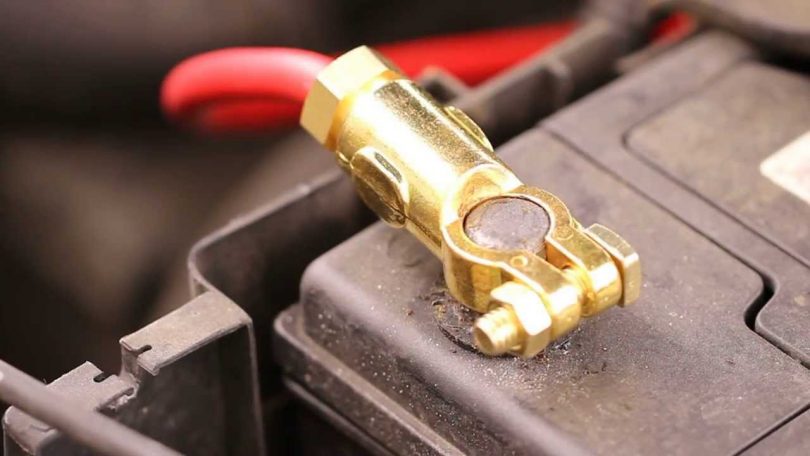
Img source: YouTube
Check Your Electrical Wiring Frequently
Any problem with your car’s electrical wiring can damage the battery. Always ensure that the alternator and alternator diode is working fine. You want to be sure that the necessary charge is being provided and that the current does not continue to flow even when the car has been switched off.
Reduce the Use of Your Car’s Electronics When the Engine if Off
Having your car stereo or light on when the car engine is not on should be brought to the barest minimum. This is simply because you are sucking power directly from the battery. Depending on the kind of car you own, there are already certain functions (e.g.alarms) that are constantly making use of the battery power, so you do not want to add to this. There are a lot of other helpful tips, some of which you can find on this website.
Conclusion
Batteries are generally supposed to last about 4 years. At least that is the popular consensus. What we have done here is try to show a few things you can be doing that may be reducing this even lower. We have also shown a few steps you can take to hit this mark or even exceed it.
We’ve heard of batteries that have lasted up to six or seven years. Follow the steps outlined in this article and yours may just set the new record.

